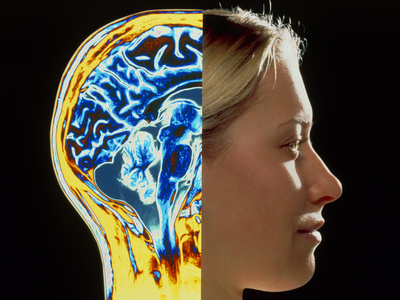From a study by Shore, Rebecca and Strasser, Janis:
Hearing causes brain cells (neurons) to connect and neural networks to form. Advanced brain-scan technology and neuroscience research reveal that when children participate in music, the brain “light[s] up like a Christmas tree” in many different areas (Parr, Radford, & Snyder 1998, cited in Isenberg & Jalongo 2001, 159). The growing neural networks eventually become the foundations upon which all other learning is based.
This abstract puts in almost the simplest possible language, the importance of encouraging young children to make music.
It also explains why children who are actively involved in learning to play an instrument tend to do well not only in school, but socially and financially as well. So as we approach the time when the academic year kicks in, and children are choosing activities, it is a good time for parents to encourage children to explore music!

Completely agree with you that Music Makes the Mind. I’m currently working on the f# minor nocturne! they’re beautiful pieces. Don’t get me wrong, you have to be strong and confident to be successful in just about anything you do – but with music, there’s a deeper emotional component to your failures and successes. If you fail a chemistry test, it’s because you either didn’t study enough, or just aren’t that good at chemistry (the latter of which is totally understandable). But if you fail at music, it can say something about your character. It could be because you didn’t practice enough – but, more terrifyingly, it could be because you aren’t resilient enough. Mastering chemistry requires diligence and smarts, but mastering a piano piece requires diligence and smarts, plus creativity, plus the immense capacity to both overcome emotional hurdles, and, simultaneously, to use that emotional component to bring the music alive.Before I started taking piano, I had always imagined the Conservatory students to have it so good – I mean, for their homework, they get to play guitar, or jam on their saxophone, or sing songs! What fun! Compared to sitting in lab for four hours studying the optical properties of minerals, or discussing Lucretian theories of democracy and politics, I would play piano any day.
But after almost three years of piano at [redacted], I understand just how naïve this is. Playing music for credit is not “easy” or “fun” or “magical” or “lucky.” Mostly, it’s really freakin’ hard. It requires you to pick apart your piece, play every little segment over and over, dissect it, tinker with it, cry over it, feel completely lame about it, then get over yourself and start practicing again. You have to be precise and diligent, creative and robotic. And then – after all of this – you have to re-discover the emotional beauty in the piece, and use it in your performance.